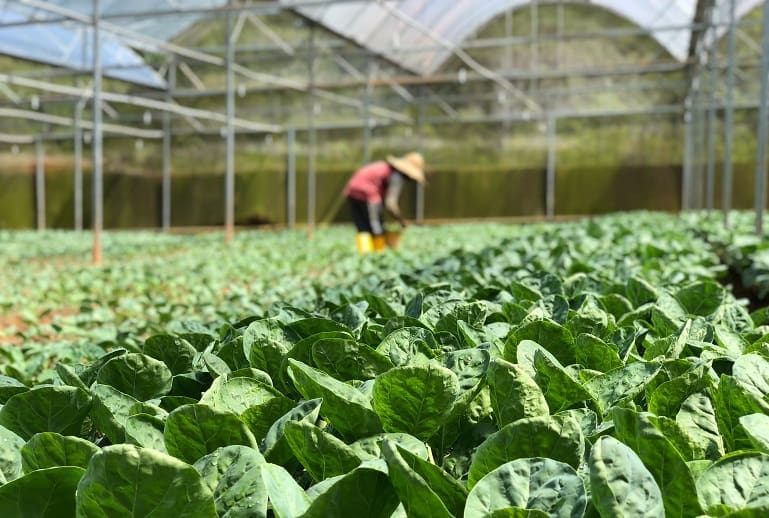
Organic food in a post-pandemic world
Organic food in a post-pandemic word has shifted drastically across the globe. What does this mean? There has been a noticeable shift in consumers’ dietary priorities with an increasing emphasis on health, sustainability, and ethical choices. This transformation has significantly impacted the organic food industry, which is experiencing a surge in demand.
Health and immunity
One important takeaway from the pandemic is the importance of having a strong immune system. In response, consumers are actively seeking out foods that not only satisfy their taste buds but also support their overall health. Additionally, organic foods have increased in popularity for their reputation of having lower pesticide residues and higher nutrient content. So fruits, vegetables, and whole grains grown organically have become staples in many households.
Environmental consciousness
The pandemic made consumers more aware of Earth’s vulnerability. This newfound environmental consciousness has led to an increased interest in sustainable food choices. For instance, organic farming practices—with their focus on soil health, reduced chemical inputs, and biodiversity—perfectly align with these values. As a result, consumers are willing to pay a premium for organic products while supporting a healthier planet.
Supply chain resilience
The supply chain disruptions throughout the pandemic have made consumers acutely aware of where their food originates. This heightened awareness has resulted in a resurgence of interest in local and regional food systems. Organic farms and food manufacturers that emphasize shorter supply chains are experiencing a boost in demand. Accordingly, supporting local organic producers ensures a more reliable food supply and reduces the carbon footprint associated with long-distance transportation.
Ethical considerations
The pandemic has cast a spotlight on labor conditions within the food industry. Ethical treatment of workers has become a central concern for consumers. So many organic food producers prioritize fair labor practices, making their products more appealing to socially conscious consumers. As ethical considerations continue to play a central role in purchasing decisions, organic food manufacturers are well-positioned to meet these demands.
Home cooking and meal prep
During lockdowns and restaurant closures, consumers rediscovered the joys of cooking at home. This shift in behavior has led to increased purchases of organic ingredients for homemade meals. Why? Because consumers are actively seeking organic pantry staples such as flour, rice, beans, and canned goods to keep their home-cooked dishes as healthy and sustainable as possible.
E-commerce and convenience
The pandemic changed the way consumers grocery shop, leading to a range of online shopping options. In particular, organic food companies that invested in e-commerce and home delivery services experienced substantial growth. The convenience of ordering organic products online is a trend that’s likely to stay. Now, consumers have grown accustomed to the ease and safety of online organic shopping.

Transparency and trust
Trust in food companies became a critical issue during the pandemic. Consumers now seek transparency in labeling. Organic products, which often come with clear certifications, are seen as more trustworthy. This transparency fosters consumer confidence, reassuring them that their choices align with their values.
The organic food industry is experiencing a renaissance in a post-pandemic world. In particular, the heightened focus on health, sustainability, ethics, resilient supply chains, and transparency is propelling organic products to the forefront of consumer preferences.
Moving forward, it’s essential for organic food manufacturers to continue meeting these evolving consumer values and preferences while exploring innovations in production and distribution. Looking to learn more about important topics in today’s food industry? Check out our blog.

